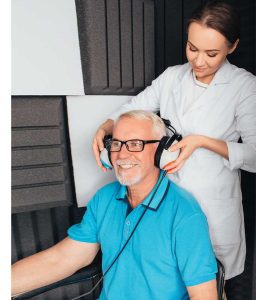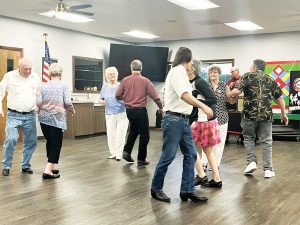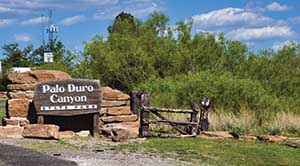By Sherry Gordon-Harris, Health Alliance
At least twice a month, I do my family’s household grocery shopping. The grocery store parking lot has multiple differently designated parking spaces. The most common that I’ve always seen is the disability-accessible parking spaces. Nowadays, I also see spaces for expecting mothers and even veterans. They all are worthy of closer parking spaces.
Besides these special designated parking spaces at the grocery store, I’ve observed something else. I see older adults or those with a disability receiving help with the activity of grocery shopping. These people may be personal assistants to the ones they’re helping. Or they could be family or friends giving care to a loved one.
This is love in action. Love is more than a four-letter word. Many daughters, sons, other relatives, and friends are caregivers for their loved ones. And often they do it without getting paid for it. They provide this care and share their time just out of love and a kind heart. Caregivers help with various daily activities such as meal preparation, medicine reminders, and driving their loved ones to doctor’s appointments.
Even though these things are done out of love, it doesn’t mean it isn’t a sacrifice or exhausting. Caregivers often put the needs of their loved ones ahead of their own. National Caregivers Day is a day to honor individuals who selflessly provide personal care. This is one of the national days that I am so glad was created. In the United States, National Caregivers Day is observed on the third Friday in February.
National Caregivers Day can be celebrated in many ways. Consider giving a gift to a caregiver in your life to encourage them. For example:
- An encouraging note or card telling them that you notice the hard work they do for others.
- A gift card to a local coffee shop so they can pick up their favorite treat.
- A subscription to a meal delivery service.
- A gift card to a local spa for a haircut, massage, or facial.
Also, consider contacting your local agencies that have programs that support caregivers—programs such as respite care, in-home care assessments, support groups, insurance counseling, and more.
Some national agencies include:
- Area Agency on Aging (AAA) or also sometimes called County Office on Aging.
- Find your local AAA by visiting www.eldercare.acl.gov.
- Alzheimer’s Association, www.alz.org.
- Veterans Affairs Program of Comprehensive Assistance for Family Caregivers (PCAFC), www.caregiver.va.gov.
Health Alliance commends all those amazing caregivers who dedicate their time and energy to taking care of others. Your efforts deserve special parking spaces and other helpful resources.
Sherry Gordon-Harris is a community liaison at Health Alliance. She’s a wife and mother of two boys. She enjoys traveling, collecting dolls, and hosting princess parties and pageants.
Like this article? Let us know by responding to [email protected]. Thanks for reading!










